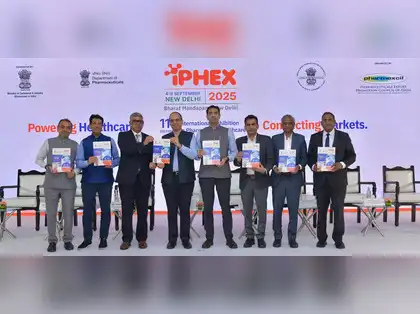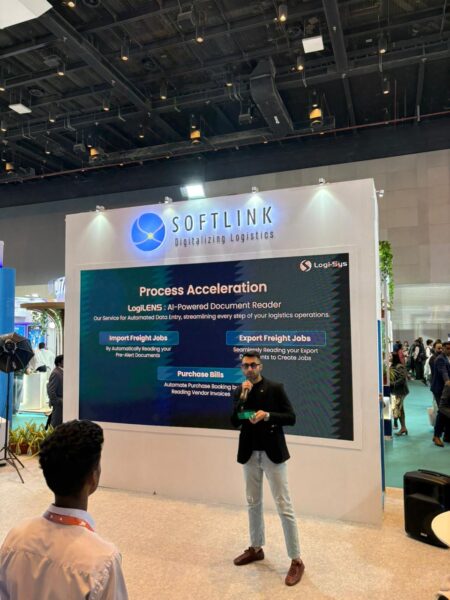Pharmexcil in talks with stakeholders to launch digital logistics platform, boosting transparency and cold chain efficiency

In a move set to redefine India’s pharmaceutical supply chain, the Pharmaceuticals Export Promotion Council of India (Pharmexcil) has begun discussions with industry stakeholders to launch a unified online logistics platform. The initiative aims to centralise fragmented operations and bring long-needed transparency to a sector critical for India’s global healthcare leadership.
The proposed digital platform will integrate compliance management, competitive bidding for logistics services, warehousing and insurance booking, route optimisation, real-time shipment tracking, digital documentation exchange, and feedback systems. By unifying exporters, importers, regulators, and service providers, Pharmexcil hopes to reduce inefficiencies and improve service quality across pharmaceutical logistics.
An official associated with the development confirmed that webinars for member exporters will soon be planned to introduce the platform’s features and benefits.
This initiative follows the launch of the National Accreditation Body for Cold Chain Management (NAB-CCM) earlier this year, a milestone designed to enforce ethical practices and enhance compliance in pharmaceutical cold chain logistics. With India’s pharma exports crossing billions of dollars annually, stakeholders stress that robust cold chain systems are essential to ensure the potency and efficacy of life-saving drugs.
Industry experts highlight persistent gaps in cold chain logistics, particularly the lack of end-to-end monitoring that often leads to disruptions. They underscore the urgent need for certification and accreditation mechanisms, specialized training, and curriculum standardisation in life sciences education. NAB-CCM is addressing this by rolling out professional training and certification programmes.
Technological interventions are expected to play a key role. Artificial intelligence, predictive analytics, and blockchain are being embraced to enhance visibility, optimise inventory, and combat counterfeit risks. Real-time monitoring of temperature-sensitive shipments, tracking temperature, humidity, and delivery conditions, is being viewed as critical to strengthening compliance with Good Distribution Practices (GDP).
Experts also stress the importance of specialized warehousing with temperature-controlled environments and real-time inventory management. Choosing the right transport mode, road, air, or sea, depending on urgency and sensitivity, further strengthens pharma logistics.
Legal compliance remains non-negotiable. Automating export documentation, standardising labels for regional requirements, and implementing internal audits are recommended strategies to reduce risks of non-compliance and product recalls.
Pharma logistics, experts say, is not just about delivery speed but about safeguarding patient health. With platforms like the one proposed by Pharmexcil, combined with NAB-CCM’s regulatory framework, India’s pharmaceutical supply chain is poised to become more resilient, transparent, and globally competitive.
Source: Pharmabiz











